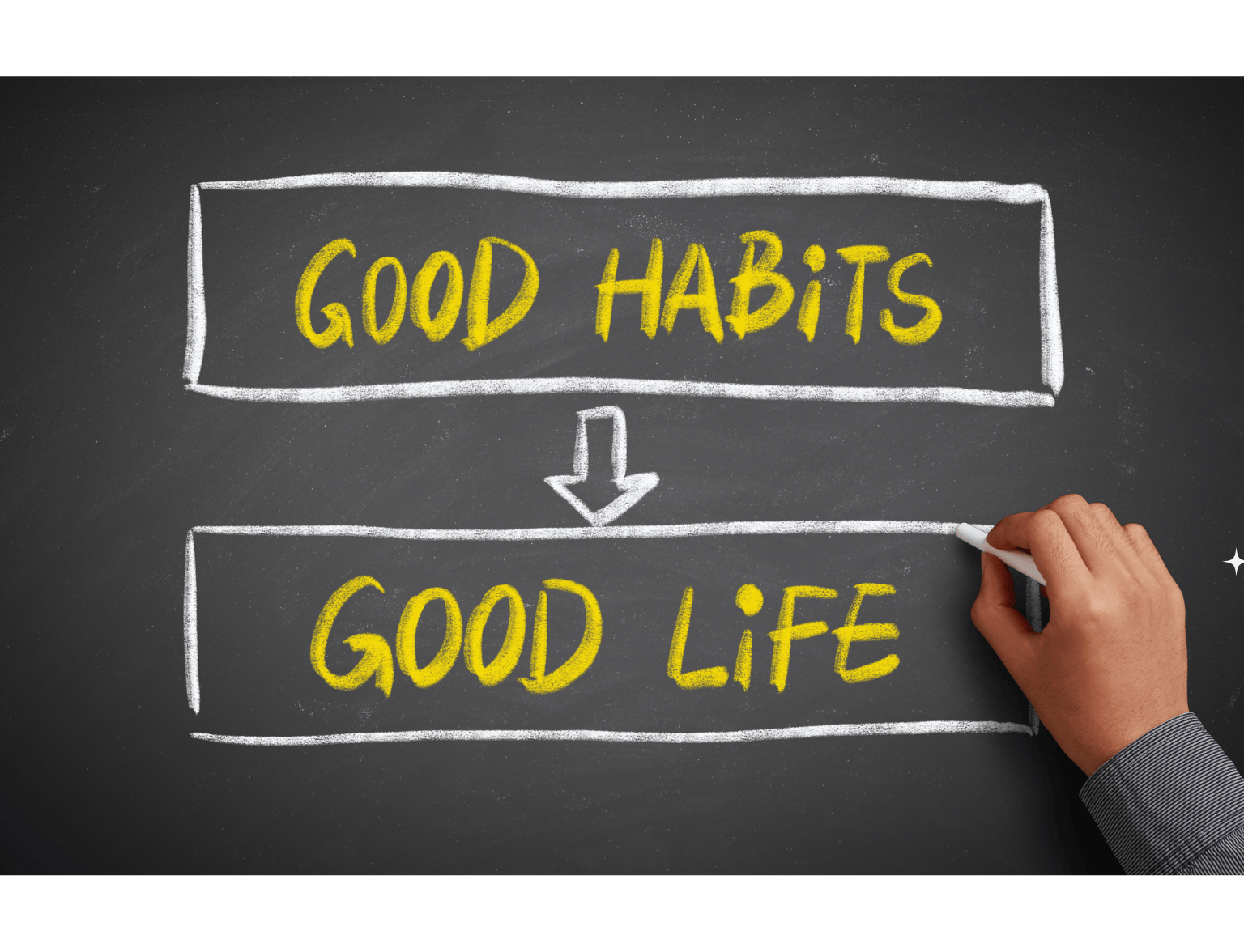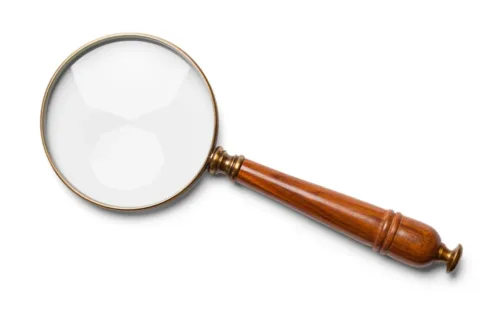Introduction
Living with ADHD can feel like navigating a world that wasn’t designed for your brain. Whether you’re struggling with hyperactivity, inattention, or impulsivity, the National Institute of Mental Health (NIMH) emphasizes that lifestyle modifications can significantly improve ADHD symptoms alongside professional treatment. At NVelUp, our board-certified psychiatric providers work with clients who suffer from a wide range of mental health disorders, including depression, anxiety, bipolar, and ADHD, offering comprehensive medication management, psychiatric consultation, and evaluation services.
If you’re searching for an “online psychiatrist” or exploring strategies beyond traditional medication management, understanding ADHD-friendly daily habits could transform your quality of life. The key is creating sustainable routines that work with your ADHD brain, not against it.
The Science Behind ADHD and Lifestyle Interventions
ADHD affects executive functioning, attention regulation, and impulse control. While medication management remains a cornerstone of treatment for many, the NIMH recognizes that lifestyle interventions can powerfully complement traditional psychiatric care. Research consistently shows that exercise, proper nutrition, and adequate sleep directly impact the brain regions affected by ADHD.
At NVelUp, we understand that ADHD often co-occurs with other conditions like anxiety, depression, and mood disorders. Our holistic approach addresses these interconnected challenges through personalized care that may include therapy, medication management, and lifestyle coaching.
NIMH-Recommended Exercise Guidelines for ADHD
The National Institute of Mental Health specifically recommends: “Get regular exercise, especially when feeling hyperactive or restless.” This isn’t just general wellness advice – it’s targeted therapy for ADHD symptoms.
How Exercise Benefits the ADHD Brain:
Immediate Effects:
- Increases dopamine and norepinephrine levels (neurotransmitters often deficient in ADHD)
- Reduces hyperactivity and restlessness within 20-30 minutes
- Improves focus and attention span for 2-3 hours post-exercise
- Provides a healthy outlet for excess energy
Long-term Benefits:
- Enhances executive functioning over time
- Improves sleep quality and duration
- Reduces anxiety and depressive symptoms often co-occurring with ADHD
- Builds self-esteem and confidence
ADHD-Friendly Exercise Strategies:
For Hyperactive Symptoms:
- High-intensity interval training (HIIT)
- Running or cycling
- Team sports that provide structure and social interaction
- Martial arts for discipline and focus training
For Inattentive Symptoms:
- Yoga with mindfulness components
- Swimming for sensory regulation
- Rock climbing for problem-solving and focus
- Dancing to music for rhythm and coordination
Practical Implementation:
- Start with 20-30 minutes daily
- Exercise at the same time each day to build routine
- Choose activities you genuinely enjoy
- Consider working with a personal trainer experienced in ADHD
Remember, if you’re receiving medication management for ADHD, discuss your exercise routine with your psychiatrist, as physical activity can sometimes affect medication timing and effectiveness.
NIMH Sleep Recommendations: 7-9 Hours for Optimal Focus
The NIMH emphasizes that adults with ADHD need 7-9 hours of quality sleep for optimal focus and symptom management. Sleep difficulties affect up to 75% of adults with ADHD, creating a cycle where poor sleep worsens ADHD symptoms, and ADHD symptoms disrupt sleep.
Creating an ADHD-Friendly Sleep Environment:
Bedroom Optimization:
- Remove electronic devices 1 hour before bedtime
- Use blackout curtains and white noise machines
- Keep the room temperature between 65-68°F
- Invest in comfortable, supportive bedding
Evening Routine Structure:
- 2 Hours Before Bed: Stop stimulating activities, dim lights
- 1 Hour Before Bed: Begin wind-down activities (reading, gentle stretching)
- 30 Minutes Before Bed: Practice relaxation techniques or meditation
- Bedtime: Maintain consistent sleep and wake times, even on weekends
Managing ADHD-Specific Sleep Challenges:
- Racing thoughts: Keep a bedside journal for brain dumps
- Medication effects: Work with your psychiatrist to optimize timing
- Hyperactivity: Incorporate afternoon exercise to promote evening fatigue
- Anxiety: Practice deep breathing or progressive muscle relaxation
If you’re experiencing persistent sleep issues alongside ADHD, consider therapy for anxiety or depression, as these conditions often contribute to sleep disturbances.
NIMH Nutrition Guidelines: Balanced Meals for ADHD Management
The NIMH recommends regular, balanced meals as fundamental to ADHD symptom management. Blood sugar fluctuations can dramatically worsen attention, hyperactivity, and emotional regulation in people with ADHD.
ADHD-Supportive Nutrition Principles:
Protein Priority:
- Include protein at every meal and snack
- Eggs, lean meats, fish, legumes, and nuts support neurotransmitter production
- Protein helps medication absorption and effectiveness
- Stabilizes blood sugar throughout the day
Complex Carbohydrates:
- Choose whole grains, vegetables, and fruits over simple sugars
- Oatmeal, quinoa, and sweet potatoes provide sustained energy
- Avoid blood sugar spikes that can trigger hyperactivity
Essential Fats:
- Omega-3 fatty acids support brain function and reduce inflammation
- Include fatty fish, walnuts, flaxseeds, and avocados
- Consider supplementation under professional guidance
Meal Timing Strategies:
- Eat every 3-4 hours to maintain stable blood sugar
- Don’t skip breakfast – it sets the tone for the entire day
- Plan and prep meals to avoid impulsive food choices
- Stay hydrated throughout the day
Foods to Limit or Avoid:
- Excessive caffeine (can increase anxiety and interfere with medication)
- Processed foods high in artificial colors and preservatives
- Simple sugars that cause energy crashes
- Alcohol, which can worsen sleep and mood symptoms
Consider working with a nutrition coaching professional who understands ADHD to develop a personalized eating plan that complements your medication management and therapy.
Creating ADHD-Friendly Daily Routines
Beyond exercise, sleep, and nutrition, successful ADHD management requires structured daily routines that work with your brain’s natural patterns.
Morning Routine Strategies:
Preparation is Key:
- Set out clothes and prepare breakfast the night before
- Use visual reminders and checklists
- Build in extra time for transitions
- Take medications at the same time daily (if prescribed)
Energy Management:
- Schedule demanding tasks during your peak focus hours
- Use natural light exposure to regulate circadian rhythms
- Include brief meditation or mindfulness practices
- Start with one small accomplishment to build momentum
Work and Study Productivity:
Task Management:
- Break large projects into smaller, manageable steps
- Use timers for focused work periods (Pomodoro Technique)
- Minimize distractions in your environment
- Alternate high-focus tasks with movement breaks
Organization Systems:
- Use digital calendars with multiple reminders
- Keep important items in designated, visible places
- Implement the “one-minute rule” for quick tasks
- Regular decluttering to reduce overwhelm
Evening Wind-Down:
Transition Rituals:
- Set a phone alarm to signal transition time
- Review the day’s accomplishments (however small)
- Prepare for tomorrow to reduce morning stress
- Practice gratitude or journaling
When Lifestyle Changes Aren’t Enough: Professional Support
While NIMH-recommended lifestyle modifications are powerful tools for managing ADHD, they work best as part of a comprehensive treatment plan. At NVelUp, we provide personalized care that addresses ADHD alongside commonly co-occurring conditions like anxiety, depression, and mood disorders.
Signs You May Need Professional Support:
- ADHD symptoms significantly interfere with work or relationships
- You experience anxiety or panic alongside ADHD symptoms
- Sleep and mood issues persist despite lifestyle changes
- You’re struggling with medication management or side effects
- Co-occurring conditions like depression or anger issues are present
Our experienced psychiatric providers understand that ADHD rarely exists in isolation. We offer comprehensive evaluation, medication management, and therapy services through convenient telehealth platforms.
Integrative Treatment Approaches:
Medication Management: At NVelUp, we view medication like addressing a smoke alarm – sometimes you need to “pull the batteries” to quiet the noise while addressing underlying causes. We work with you to find the least amount of medication necessary while incorporating therapy, coaching, and lifestyle modifications.
Therapy Options:
- Cognitive Behavioral Therapy (CBT) specifically adapted for ADHD
- Skills training for organization and time management
- Therapy for co-occurring anxiety or depression
- Family therapy to improve communication and understanding
Holistic Support:
- Naturopathic consultations for nutritional optimization
- Coaching for lifestyle implementation and accountability
- Coordination with fitness professionals and personal trainers
- Integration of all treatment modalities for comprehensive care
Addressing ADHD in Adults: Special Considerations
Adult ADHD often goes undiagnosed or misunderstood, with many people seeking help for anxiety, depression, or relationship issues without recognizing underlying ADHD. The lifestyle strategies recommended by NIMH are particularly crucial for adults who may have developed coping mechanisms that no longer serve them.
Adult-Specific Challenges:
Professional Life:
- Managing deadlines and long-term projects
- Staying organized in demanding work environments
- Balancing multiple responsibilities and priorities
- Dealing with criticism or performance reviews
Relationship Impacts:
- Communication difficulties and emotional regulation
- Remembering important dates and commitments
- Managing household responsibilities and finances
- Supporting partners and children while managing your own symptoms
Physical Health:
- Higher rates of anxiety and depression
- Sleep disorders and chronic fatigue
- Potential substance use as self-medication
- Increased risk of accidents and injuries
Building Your ADHD Management Team:
A comprehensive approach often includes:
- Psychiatrist or psychiatric nurse practitioner for medication management
- Therapist specializing in ADHD and executive functioning
- Primary care physician for overall health monitoring
- Nutritionist or health coach for dietary support
- Personal trainer familiar with ADHD-friendly exercise approaches
Technology and Tools for ADHD Management
While the NIMH emphasizes fundamental lifestyle changes, modern technology can significantly support ADHD management when used strategically.
Helpful Apps and Tools:
Organization and Planning:
- Calendar apps with multiple reminder options
- Task management systems with visual components
- Time-tracking apps to understand your natural rhythms
- Meditation and mindfulness apps for emotional regulation
Sleep and Health Tracking:
- Sleep monitoring devices to optimize rest quality
- Nutrition apps to maintain balanced eating patterns
- Exercise apps with built-in timers and variety
- Mood tracking to identify patterns and triggers
Focus and Productivity:
- Website blockers during work periods
- White noise or focus music apps
- Timer apps for structured work/break periods
- Note-taking apps for capturing thoughts quickly
Remember, the goal is to use technology as a support tool, not as another source of distraction or overwhelm.
Creating Sustainable Change: Start Small, Think Long-Term
Implementing NIMH recommendations doesn’t mean overhauling your entire life overnight. People with ADHD often struggle with all-or-nothing thinking that can sabotage well-intentioned changes.
Sustainable Implementation Strategy:
Week 1-2: Sleep Foundation
- Focus solely on consistent bedtime and wake times
- Remove screens from the bedroom
- Track current sleep patterns without judgment
Week 3-4: Add Movement
- Incorporate 15-20 minutes of daily movement
- Choose activities you genuinely enjoy
- Track mood and focus changes after exercise
Week 5-6: Nutrition Basics
- Add protein to every meal and snack
- Eliminate one processed food item
- Focus on regular meal timing
Week 7-8: Integration and Refinement
- Combine all three elements into a cohesive routine
- Identify what’s working and what needs adjustment
- Consider professional support for additional challenges
Conclusion
The NIMH’s recommendations for exercise, balanced nutrition, and adequate sleep aren’t just general wellness advice – they’re evidence-based interventions that can significantly improve ADHD symptoms. However, implementing these changes successfully often requires understanding your unique ADHD presentation and building sustainable systems that work with your brain.
Remember that ADHD management is rarely about willpower or trying harder – it’s about creating environments and routines that support your neurological differences. Whether you need medication management, therapy for co-occurring anxiety or depression, or support implementing lifestyle changes, professional guidance can make the difference between temporary improvements and lasting transformation.
Ready to create an ADHD management plan that works for you? At NVelUp, we specialize in comprehensive, personalized care that addresses ADHD alongside any co-occurring conditions. Our experienced providers understand that successful ADHD treatment combines evidence-based medical care with practical lifestyle strategies.
Visit our website at https://nvelup.care to learn more about our ADHD treatment services and schedule your consultation today. Take the first step toward a more focused, balanced, and fulfilling life.







